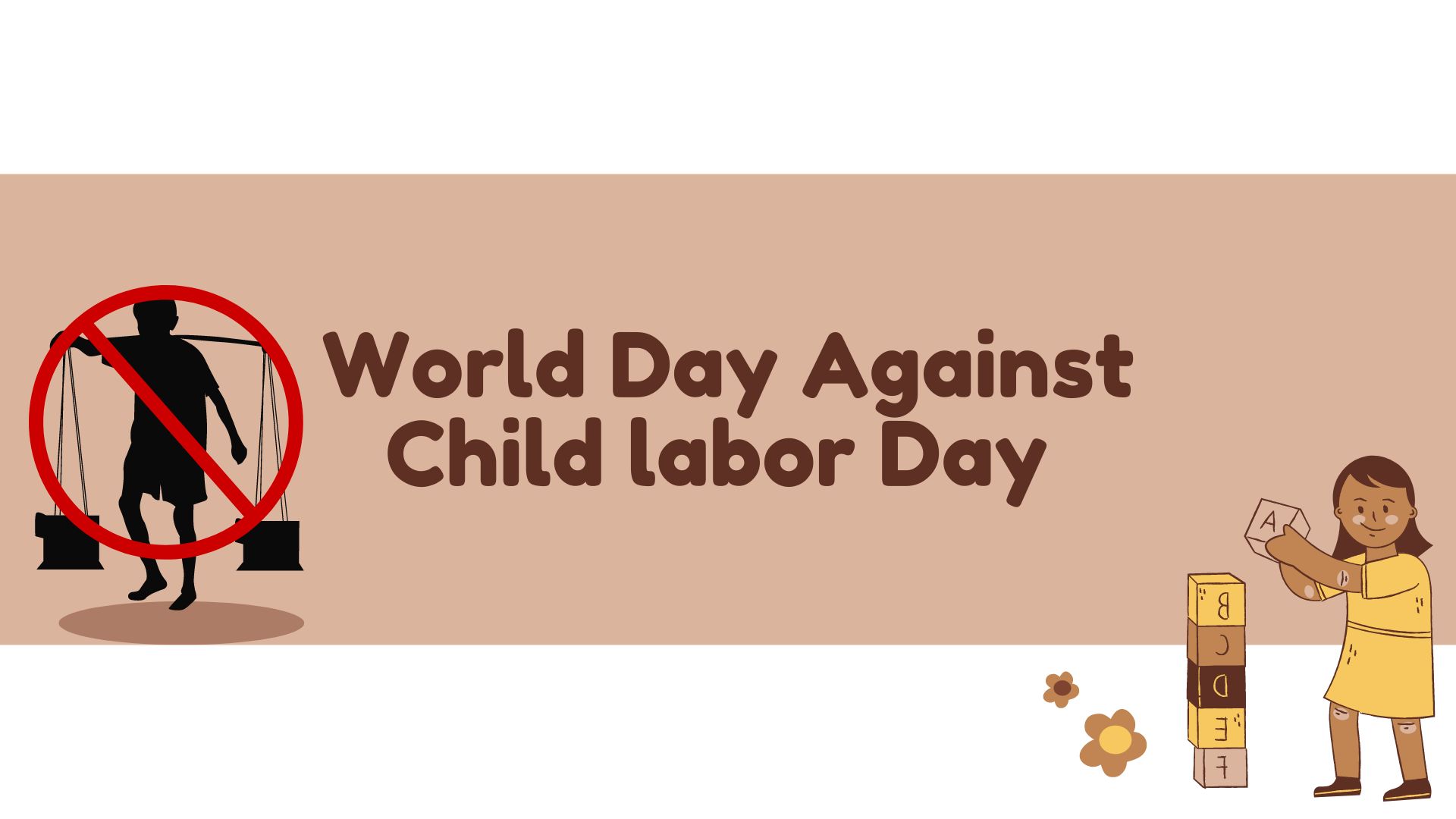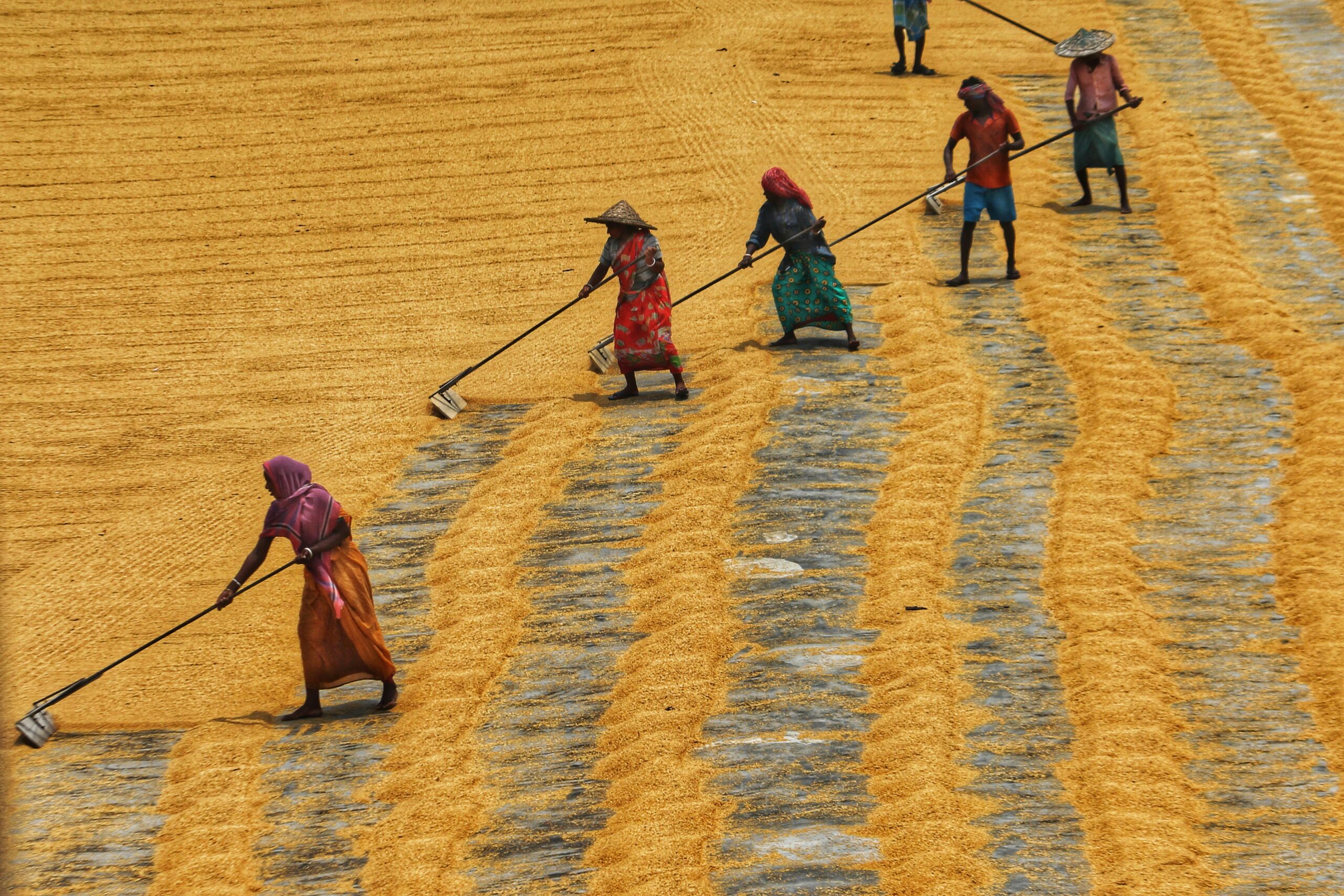India, along with the other nations, has pledged to create a world which is economically, socially and environmentally resistant and thereby, sustainable. While previous discussions on sustainability have centered around the economic aspect, today, the paradigm shift is towards an inclusive, sustainable and resilient future for the planet as well as the people. The commitment to sustainability, however, is shared: the citizens, government, civil society organisations, as well as businesses have an equal responsibility and accountability for their actions in attaining the promised sustainable agenda
For businesses, there is a significant business case, escalating beyond moral responsibility. The Business for 2030 initiative states that the “scale and ambition of the 2030 Development Agenda creates a tremendous opportunity for the private sector to demonstrate the central role it plays in sustainable development and human prosperity and to serve as an essential partner to bridging the gap in finance and technical capacity necessary to meet the challenge of achieving the SDGs.”[1]
Despite the multiple external and internal efforts by India to harmonise the sustainability agenda, the country today faces multiple challenges: most noteworthy is that we have slipped to 120th rank in the recent Sustainable Development Report 2021: a sign that there is still significant ground to cover in achieving the 2030 Agenda in the country. It may further be understood that any deterioration in our sustainability score implies a deterioration in human rights and freedom, as human rights (a core component of SDGs) and sustainable development go hand in hand. It is at this juncture, that businesses have a key role to play, especially in lieu of the three pillars of Protect, Respect, and Remediate, enshrined in the UN Guiding Principles on Business and Human Rights (UNGPs). Undoubtedly, human rights today is emerging as a critical performance indicator for businesses: businesses ought to assess, diagnose and remediate the impact of their operations especially on workers, their families, and children as well as on the wider society.
The focus on worker rights and wellbeing (in the human rights continuum) is even more pertinent in the post-COVID 19 world, especially for businesses in key industries such as the readymade garments (RMG). The Indian RMG sector is the largest segment of the Indian apparel and textile industry accounting for approximately 50% of the total industry. As per the World Trade organisation, in the World Trade Statistical Review 2018, India is the 5th largest exporter of RMG globally.[2] The RMG industry is also of significance as it is manpower intensive and is the second-largest employer in India providing employment to 45 million people.[3]
However, with already existing problems plaguing working conditions such as unequal coverage under social security, untimely wages, wage theft, long working hours etc. ; COVID-19 has plunged many of these workers, who are also working parents, into a deep crisis, barring them from their ability to earn a daily income and to provide for the basic care and development needs of their children 0-6 years old and families. The pandemic indeed has well established that worker-centric policies (vis a vis, social security coverage, health, safety benefits, standard working conditions, etc.) can vastly impact the productivity of workers, the wellbeing of their young children and families while ensuring continuity in production during uncertain times.
In lieu of the above, the family-friendly workplaces, a brainchild of UNICEF, is an instrument for providing workers, especially the working parents, the ability to maintain a balanced work and family life (including childcare) without jeopardising either. Evidence suggests that family-friendly policies (FFPs) have rippling effects that cater to the benefits of stakeholders at multiple levels, including businesses. Significantly, a family-friendly business reaps both financial and non-financial benefits, vis-a-vis, employee retention, equity, reduction in absenteeism, higher worker efficiency, and others– factors which are crucial for resiliency in businesses.
FFPs are also in tandem with provisions under the Indian legal framework as well as the Indian government’s efforts in encouraging socially responsible business, as reflected in the zero draft of the National Action Plan of Business and Human Rights as well as the National Guideline on Responsible Business Conduct.
Therefore, it is envisaged that family friendly policies are the future for modern workplaces and have the potential to improve the social sustainability score of businesses, enhance compliance standards, improve resilience and sustainability in supply chain, by creating an environment that is responsible and accountable to the needs of workers, especially working parents, and their young children.













































































































